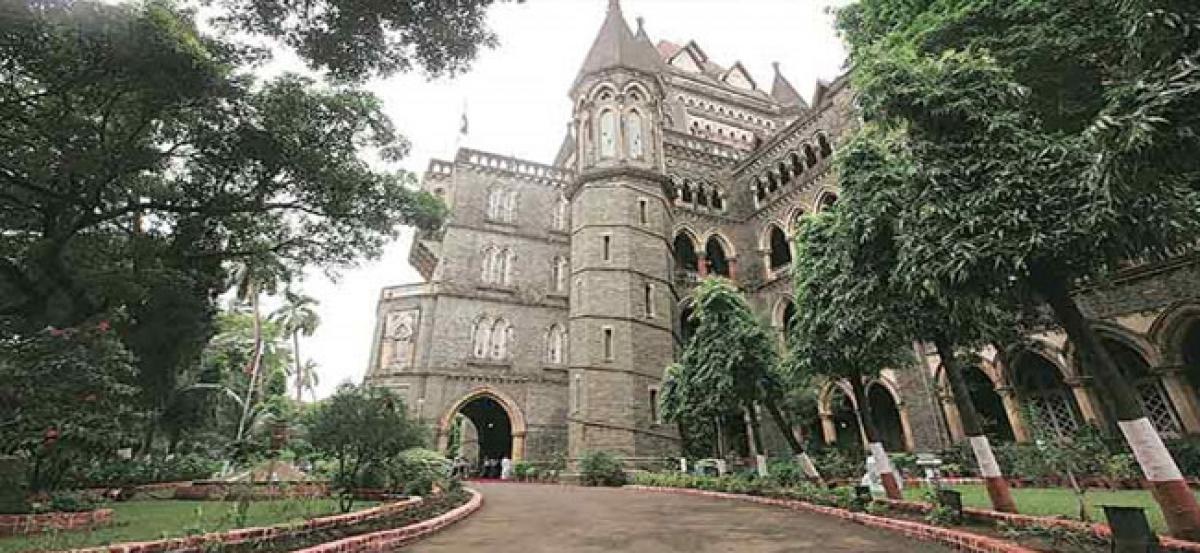Live
- Indiramma Housing scheme: 41% survey completed in RR dist
- 'Kejriwal's arrest by ED-CBI was illegal'
- Trump picks PIO Sriram Krishnan as AI advisor
- Hyderabad loses its Shaan-e-Benegal
- SpaDeX Mission: ISRO’s leap towards Space Docking Technology
- Centre ends ‘No detention policy’ in govt schools
- Extradite Hasina: Bangladesh to India
- 1.18 lakh Tidco houses to be completed by June 12
- Bengaluru techie loses Rs 11.8 cr
- Former SC judge Ramasubramanian is new NHRC chief
Just In
Civil courts can grant maintenance, mehr and share in matrimonial property to the women: Bombay HC


Under the Dissolution of Muslim Marriages Act, 1939, a civil court can grant maintenance, mehr and a share in the matrimonial property to a Muslim woman said the Bombay High Court
MUMBAI: Under the Dissolution of Muslim Marriages Act, 1939, a civil court can grant maintenance, mehr and a share in the matrimonial property to a Muslim woman said the Bombay High Court.
“Merely because the Dissolution of Muslim Marriages Act, 1939, does not mention that the court has the jurisdiction or power to grant such relief, it cannot be said the court does not have jurisdiction to grant it, if it is incidental, claimed and the court finds it necessary to grant the same,” said Justice Shalini Phansalkar-Joshi in her verdict.
She added that, “The right of maintenance and right in matrimonial property are consequences of marriage or its dissolution. Those reliefs are incidental to the main relief of dissolution of marriage and therefore an integral part of same proceeding even if at times such reliefs are not asked for also.”
In 2011, the Thane civil court, under the 1939 law dissolved the marriage of a woman and ordered payment of mehr, maintenance of Rs 15,000 per month each of two minor children and a 50% share in their jointly owned flat.
Then the husband to the HC after his appeal was dismissed. Javeed Hussein, his lawyer argued saying, “The entire act is silent on the rights of married Muslim women towards such relief. They may have those rights under other enactments like the Protection of Women from Domestic Violence Act, 2005 or under the Muslim Women Act, 1986 but not under the 1939 act.”
Phansalkar pointed out that the DV Act grants concurrent jurisdiction on the family court, court of judicial magistrate first class and the civil court in matters like maintenance. She said, “Hence, it cannot be said the trail court has exceeded its jurisdiction.”

© 2024 Hyderabad Media House Limited/The Hans India. All rights reserved. Powered by hocalwire.com






